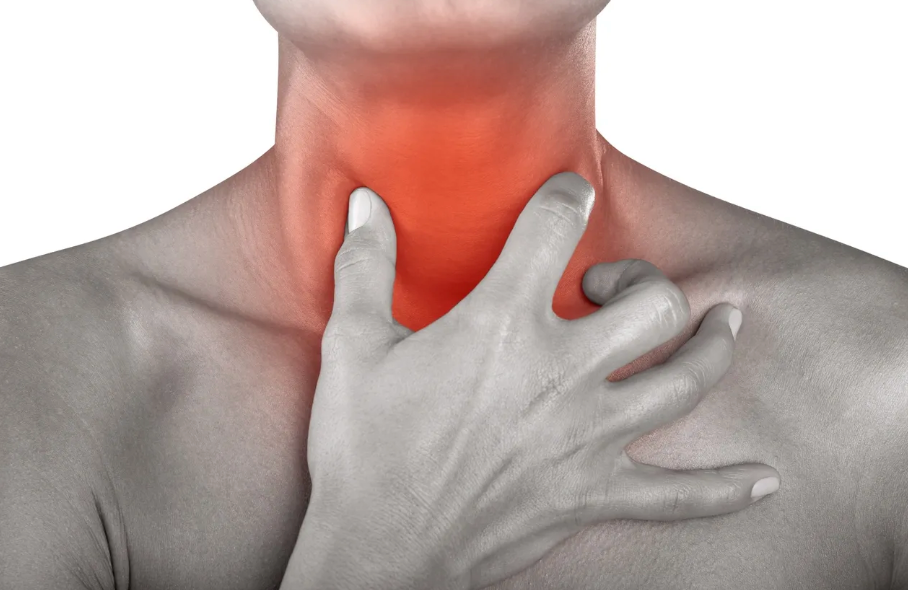Understanding the Link Between Oral Sex and Oropharyngeal Cancer

Is oral sex is a major risk factor for oropharyngeal carcinoma, or throat cancer? The answer is complex.
First, it’s important to recognize the established link between the human papillomavirus (HPV) and oropharyngeal carcinoma. Many studies have detected HPV DNA, particularly HPV type 16, in cancerous throat tissues. This virus has specific genes that can disrupt normal cellular functions, leading to uncontrolled cell growth and potentially cancer. While this relationship is well-documented, particularly regarding cervical cancer, the connection to oral sex is less straightforward.
Some studies indicate individuals with oropharyngeal cancer report having more oral sex partners compared to a control group. However, there are significant limitations to these studies. The sample sizes tend to be small, and the methodology relies heavily on self-reported surveys, which can be unreliable. People may forget, misreport, or even lie about their sexual history, making it difficult to draw definitive conclusions.
While it’s true that HPV DNA is frequently found in oral cancers, attributing these cases directly to oral sex remains debatable. Each individual's risk factors can vary greatly, and it’s crucial to take a nuanced approach to this information.
Practical Advice for Prevention
Regardless of the links to oral sex, understanding HPV’s role in various cancers is essential. Here are some proactive steps you can take:
1. Choose Your Partners Wisely: This advice is relevant not just for preventing sexually transmitted infections, but also for overall health.
2. Regular Screening: Regular checkups can help identify potential issues early. Adults should consider annual skin exams, which include an oral cavity exam, to monitor for any concerning lesions.
3. Oral Health Screenings: Dentists can perform oral cavity evaluations to check for suspicious lesions. This simple inspection can be crucial in detecting potential cancer early.
4. Stay Vigilant: If you notice any persistent changes in your mouth or skin, don’t hesitate to consult a healthcare professional. Early intervention can make a significant difference.
In summary, while HPV is linked to oropharyngeal cancer, the connection to oral sex is still not fully understood and may vary by individual. Being proactive about your health through screenings and informed choices is the best way to mitigate risks.
If you found this helpful, subscribe to Dr. Bibi's Newsletter for cutting edge skincare and share this article. For further insights into skincare simplification, check out my book "Sick Skin - Skin Care Made Simple" on Amazon, now available in audio.
Thanks for reading and God bless.
Yuval Bibi, MD/PhD - Board Certified Dermatologist

Share and get 15% off!
Simply share this product on one of the following social networks and you will unlock 15% off!